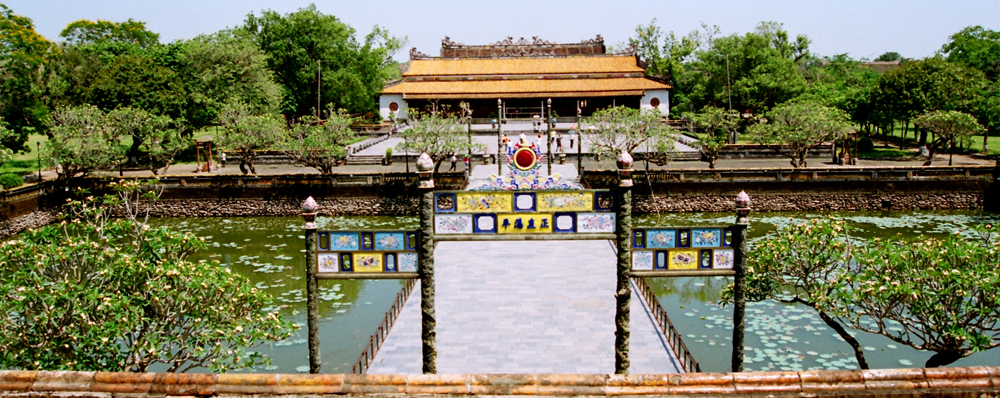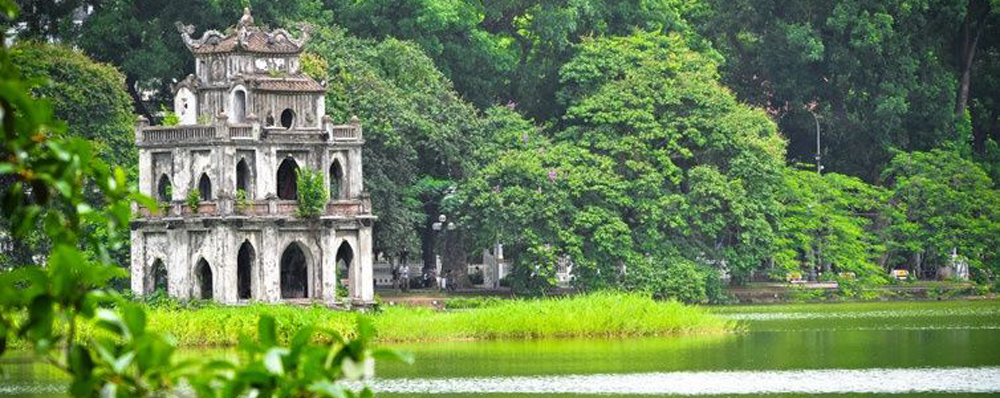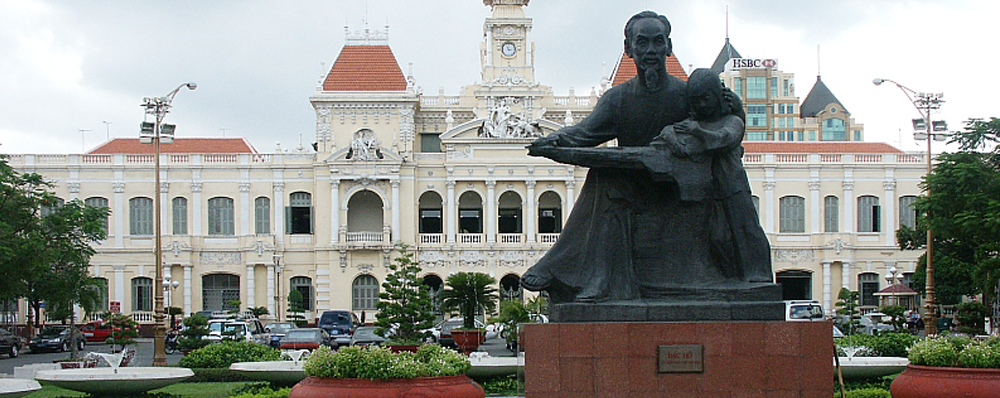




Vietnam Experience Tours 15D14N
Vietnam short tour package - 10D9N
Vietnam budget & short tour 7D6N
Best of Vietnam by train 12D11N
Vietnam - attractive destinations 11D10N
Vietnam Interesting tour 12D11N
Discover Vietnam with Beach relaxing 17D16N
Vietnam highlight & typical tour 11D10N
Economic Vietnam tour 10D9N – SPECIAL DEAL
Vietnam tour: North – Central – South – 10D9N
Hanoi – Sapa – Topas Ecolodge – Halong bay 7D6N trip
8D7N perfect Vietnam North tour
Hanoi - Trang An - Sapa - Halong Bay - 8D7N
Hanoi - Halong Bay - Sapa - 6D5N
Hanoi - Sapa - Halong Bay - 5D4N
Discover Sapa & Halong Bay tour - 8D7N
6D5N New & Special tour in the Vietnam North
Hanoi - Halong Bay - Bai Dinh Pagoda & Trang An - 6D5N
Hanoi-Halong bay-Mai Chau valley-Bai Dinh & Trang An-7D6N
Bài viết liên quan
|
Direct air routes are key to boosting tourism between Viet Nam and India, according to Joint Secretary of the Indian Ministry of Tourism, Suman Billa.
|
|
|
Experts and educators gathered at a seminar in Ha Noi on March 24 to discuss how to include intangible cultural heritage in education for sustainable development in the Asia-Pacific region.
|
|
Most popurlar tours
Video


